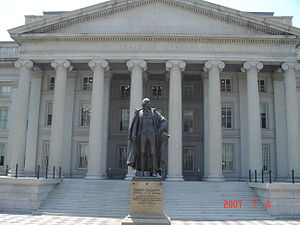We recently attended a Northern Virginia Association of Realtors conference for policy updates of the Making Home Affordable (MHA) Program. We were interested in changes related to short sale changes of the Home Affordable Modification Program (HAMP), and Home Affordable Foreclosure Alternatives (HAFA) Program. There were plenty of items worth discussing here. But we will keep it streamlined for this article. The most important short sale changes discussed were the HAFA policy requiring a mortgage bank to consider a borrower for the HAFA Program within 30 days of requesting a short sale, or being denied qualification for HAMP.
The conference discussed 6 changes in the MHA Program (listed below).
- The Attorney General Settlement
- HAFA
- HARP 2.0
- FHA Refinance
- REO (foreclosures) to Rental
- U.S. Treasury Resource Center
(1) The Attorney General Settlement:
In basic terms, the settlement between the U.S. Justice Department and 5 of the largest mortgage banks ($25B) involved in improper lending and foreclosure practices. There are 7 other large banks negotiating a settlement which will be announced soon. The terms of the current settlement are listed below.
- Comprehensive servicing standards.
- New foreclosure notices.
- 1.5B to foreclosed homeowners (Borrower Payment Fund).
- 3B to refinance underwater homeowners.
- 3.5B penalty payment to state and federal governments to fund housing counselors, legal aid, etc.
- 17B for principal reduction (providing almost $32B in borrower relief).
- Settlement revenues paid in 3 years (75% in the first 2 years).
- Freddie Mac and Fannie Mae are not participating in principle reduction plans. All other loans involving Government Sponsored Enterprises (GSE) are dollar-for-dollar for principle reduction.
- Independent bank loans and subordinate lien holders are compensated .45 for every dollar.
(2) HAFA
All policy updates are effective June 1, 2012. The goal of HAFA is to release homeowners from liability with verified hardships.
- There is no longer an occupancy requirement for HAFA eligibility (institutional investors cannot qualify).
- Properties must have a title in name or family trust (business entities such as an L.L.C. do not qualify).
- Banks forgiving principle will be compensated .63 for every dollar.
- Relocation assistance incentives are available to those who vacate the short sale or deed-in-lieu of foreclosure.
- Second lien holders may receive up to $8,500 in payment for a short sale release.
- Each mortgage bank has a HAFA matrix on their website to find the price renegotiation policy.
- HAFA covers GSE loans, and loans not affiliated with GSE’s.
(3) HARP 2.0
Changes provide refinancing opportunities to for current homeowners who are credit worthy with equity.
- Applies to GSE only loans.
- Eliminates certain up-front fees.
- Removes the 125% loan-to-value ceiling.
- Extended through December 31, 2013.
(4) FHA Refinance
The Federal Housing Administration has its own short sale transaction process, and does not take part in the HAFA Program.
- Reduces the up-front mortgage insurance premium from 1.15% to .55% on streamline refinancing.
- FHA Short Refinance allows the first mortgage holder to pay off subordinate lien holders until 12/31/14.
- Must be a GSE secured loan.
- The borrower cannot be underwater on loan-to-value for streamline refinancing.
- There must be a 97.7% loan-to-value ratio to qualify at current rates.
- Refinancing of an FHA loan (FHA won’t refinance other loan types).
- Payments under a trial payment plan must be made on-time for 3 straight months.
(5) REO to Rental
This is a new program developed to discuss the estimated 4-5 million REO expected in real estate markets across the country in the next 5 years. The REO to Rental Program is designed to keep these homes from further depressing home values.
- GSE and FHA program designed to increase the number of single family home rentals while reducing foreclosures.
- The program initially converted 2,500 foreclosures to rentals with a 95% occupancy rate.
- California and Florida are expected to have cities with high conversion rates along with Atlanta, and Phoenix.
- These homes are expected to be held as rentals for up to 5 years.
(6) U.S. Treasury Resource Center
The U.S. Treasury has established a 24 hour service for troubleshooting short sale problems, and answering general questions related to HAMP and HAFA Programs.
- Real estate agents negotiating short sales can receive assistance from the U.S. Treasury Resource Center after obtaining a signed release from clients.
- If the mortgage bank or second lien holders (participating in HAMP and HAFA) are being difficult during negotiations, agents can contact a representative of the Resource Center to report problems and receive assistance.
- The representative handling the complaint will make sure all lien holders are complying with the terms of the AG Settlement, and push for short sale approval.
- A U.S. Treasury Resource Center representative can be reached at escalations@hmpadmin.com.
Source: Laurie Maggiano, Director of Policy, Office of Homeownership Preservation, U.S. Department of the Treasury


